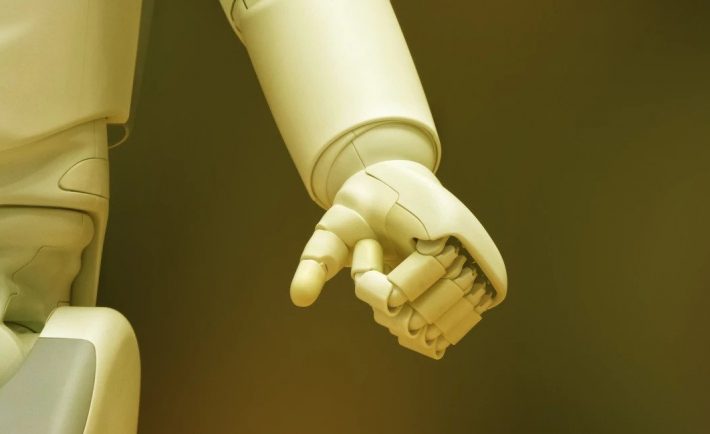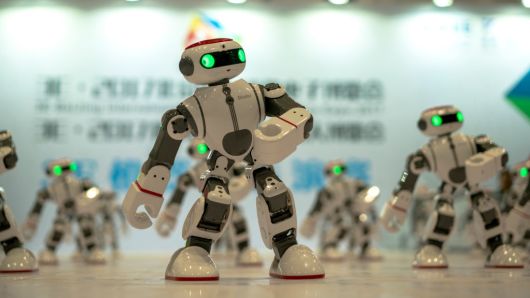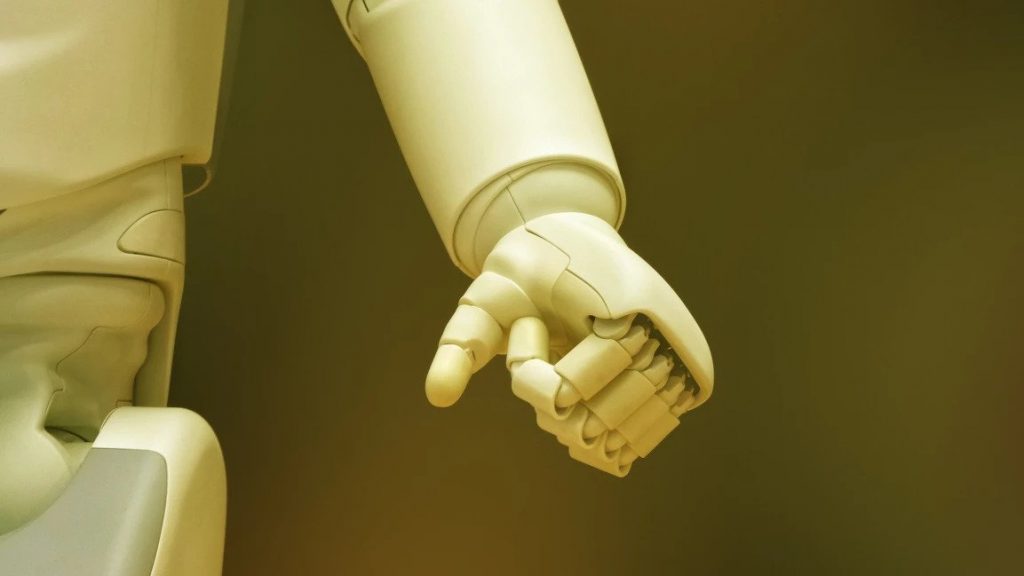
Throughout history, advances in technology have changed the way humans work. From the industrial revolution in the late 18th and early 19th centuries to the abundance of electronic computers in the 1970s and 80s, technology that makes jobs easier also tends to make jobs obsolete.
Even if you believe your job requires the mental capacity and physical dexterity of a human being, no job is safe. The White House recently released a report theorizing 40 million jobs lost to computers and machines by the year 2025—less than ten years from now.
AI is rapidly changing the world of work, and it is important to be aware of the potential impact that it could have on your job. While AI is not going to replace all jobs, it is likely to automate some tasks and make others more efficient. This means that some people may need to retrain or upskill in order to stay relevant in the workforce.
Here are some tips on how to keep AI from taking your job:
- Be proactive: Don’t wait for AI to take your job. Start thinking about how you can use AI to improve your job performance or to develop new skills.
- Be adaptable: Be willing to learn new things and to adapt to change. AI is constantly evolving, so you need to be able to keep up.
- Be creative: AI is good at automating repetitive tasks, but it’s not as good at creative tasks. Focus on developing your creative skills and on finding ways to use AI to support your creativity.
- Be collaborative: AI is a powerful tool, but it’s not a replacement for human interaction. Be willing to collaborate with others and to use AI to complement your skills.
By following these tips, you can increase your chances of staying relevant in the workforce and of keeping AI from taking your job. Ten years may seem like a lifetime, plenty of time to relearn skills and prepare for a new economy. Before you get too confident, remember where you were ten years ago.
How long did it take to get where you are now? Not in years, obviously, but in experiences. It probably seems like yesterday when you started high school, graduated from college, or had your first kid. That’s how quickly 2025 will arrive.
Jobs Already Moving to AI

1 million US jobs will vanish by 2026. Here’s how to prepare workers for an automated future
Robots are already tackling jobs we never thought possible, from driving cars and even long-haul trucks to writing news articles. Even jobs at the highest levels, those jobs where a thinking brain has long been considered a requirement, can be lost to artificial intelligence. A computer can already search through 60 million pages of text in medical records and made preliminary diagnoses. Robots are also already used for the most delicate surgeries. And lawyers are no safer than doctors. One company recently hired the first robot lawyer to help research information for bankruptcy cases.
Automation software is also threatening finance jobs and stockbrokers. Online investment options already exist, cutting many out of the equation. By 2025, experts believe up to 50% of finance employees will be replaced by automation software. In other words, the future is already here. We’re facing down massive job losses over the next decade, and the process has already begun.
Prepare for the Future NOW

4 sobering predictions about the future of jobs in an automated world
Survival after automation has relied on workers to increase education and knowledge in order to create new jobs, what economist Brian Arthur calls the “Second Economy.” Those jobs that have been eliminated due to automation have simply created the need for new jobs. We saw this occur when new manufacturing processes began taking labor jobs in factories during the industrial revolution. People who’d previously assembled items by hand learned to operate the machinery.
Even the careers that have traditionally relied on people skills and thinking brains, most specifically healthcare, can be retained with additional training. The key is to obtain an education that focuses on the technology needed to complete the job. For instance, healthcare management professionals who have seen software programs eliminate the need for paper records can seek out degrees from traditional and online institutions that provide an education that includes training on the relevant technology. Instead of being shuffled out by the technology, learn to master that technology so that you can use it in your everyday job.
The same effort applies to various industries. If your factory job is likely to be replaced by a robot, educate yourself on the technology so that you can manage the artificial intelligence instead of becoming redundant. If you’re a truck driver, get an education on the technology now being used to create self-driving trucks so that you can program and repair the artificial intelligence that will be used to do your job.
We survived the industrial revolution and the internet age by adapting, and we can survive the job loss due to robots. We just have to be willing to seek out the necessary training to do so.




